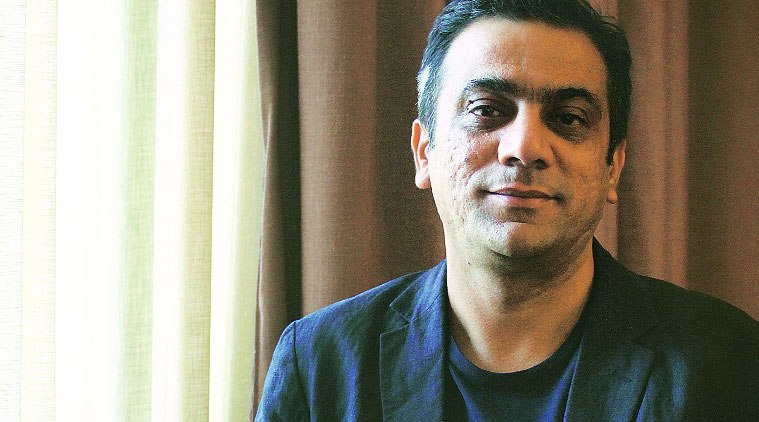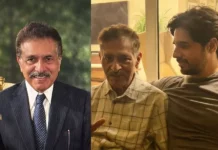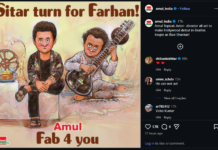NEW DELHI: Mirza Waheed speaks the way he writes: with care. Ask this Kashmiri novelist a question, he looks a tad flustered.
He averts his eyes, fidgets with his fingers and weighs his words before he finally answers the query.
I spend time writing my sentences, I don’t want to hurry. And I am not a disciplined person also. Even when I write my essays, I take my time, he says.
I savour the pleasure of reading. Reading carefully rather than skimming through, Waheed told PTI in an interview.
The London-based novelist and journalist, who writes for foreign publications including the BBC, the Guardian and the New York Times, is out with his third novel Tell Her Everything’, a heart-breaking story about medical and human ethics, filial love and the corrosive nature of complicity.
Unlike his earlier novels The Collaborator and The Book Of Gold Leaves , Waheed’s third work of fiction is not set in Kashmir and is devoid of any Kashmiri character. The book, published by the Westland Books, was launched here last night.
“Among other things, this is a story of a father and his daughter, but equally a story of a young Indian doctor who, in his quest for progress and success, has lost his family and is now dwelling on the past in London,” he said.
“The form of the novel is that he is reflecting by way of imagining what he will say to his daughter when or if she comes to meet him after many years. He is talking to himself that this is what I will say to her. That is where the title comes from. I will tell her this. I will tell her that. I will tell her everything, Waheed said.
The novel is set partly in London, America and in an unknown city, with some scenes from Meerut and Saharanpur.
Waheed said he avoided putting a Kashmiri character in the book as it did not belong to the storyline.
I write essays on Kashmir and I am working on the history of Kashmir, but I want to write about other stories too. There are many other stories to tell. I want to write about a British Asian mother who lives in a working class neighbourhood in London and comes into contact with a very posh white boy and they become friends because of something that has happened and see where it goes, he said.
Terming himself a rather slow and lazy writer, Waheed, who is known to lucid and taut prose, said he found it tough to write non fiction and takes a great deal of time to pen his essays.
Non fiction is difficult to write, it may seem easy, but it takes me a lot of time to write an essay because I want to write it well and want to be good at it. Fiction comes more naturally to me. I am more comfortable writing fiction, he said.
Waheed said a novel lasts long, reflects truth more powerfully and is far better in terms of capturing people’s imagination.
Though I don’t get much time to read because of my kids and I write when my children let me, he said.
He said the new English writing on Kashmir should not been seen in isolation, asserting that it is linked to the old body of work.
The new English writing on Kashmir is inseparable from the old writings in other languages. One should not forget that. We have had major writers who have been writing forever. Kashmir has had a rich tradition of poetry, he said.
Born and brought up in Kashmir, Waheed’s debut novel ‘The Collaborator’ was an international bestseller and was shortlisted for the Guardian First Book Award and the Shakti Bhatt Prize and longlisted for the Desmond Elliott Prize.
“The Book Of Gold Leaves” was longlisted for the 2015 Folio Prize and the 2016 DSC Prize for South Asian Literature. PTI







